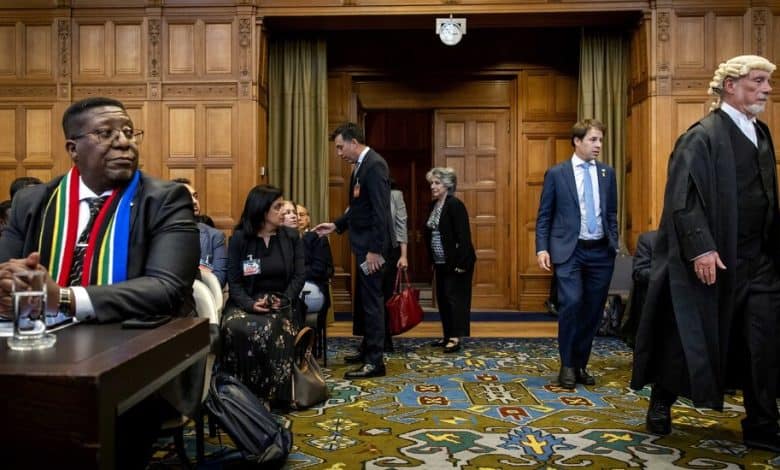Top U.N. Court Decision Adds to Israel’s Growing Isolation

In 2011, a former Israeli prime minister, Ehud Barak, warned that Israel faced a “diplomatic-political tsunami” of censure if its conflict with the Palestinians went unresolved, as peace talks faltered and revolution spread across the Middle East.
To Israeli foreign policy analysts, that tsunami has never seemed closer.
On Friday, the International Court of Justice, an arm of the United Nations, ordered Israel to suspend its military campaign in Rafah in southern Gaza, adding to a growing list of diplomatic and legal moves against Israel that have undermined its international standing.
The ruling came just days after prosecutors at the International Criminal Court, another international tribunal, called for the arrest of Israel’s prime minister and defense minister, a move that was supported by some longstanding partners of Israel, including France.
The order came the same week that three European countries took the coordinated step of recognizing Palestine as a state. It also followed widespread university campus protests in the United States against Israel’s campaign in Gaza, as well as decisions by Turkey to suspend trade with Israel and by Belize, Bolivia and Colombia to break diplomatic ties with Israel.
“This is not North Korea or Belarus or Myanmar levels of isolation — but it is isolation,” said Alon Pinkas, Israel’s former consul general in New York. “It creates a tremendous sense of pressure.”
The latest move by the International Court of Justice may not have immediate practical effects: Under the terms of the order, Israel has a month to show how it has complied with its instructions. Even if Israel ignores the order, the I.C.J. has no means of enforcing it. In theory, the United Nations Security Council can issue a resolution on the matter, but the United States, Israel’s most powerful ally, has a permanent seat on the council, enabling it to veto any measure against Israel.
